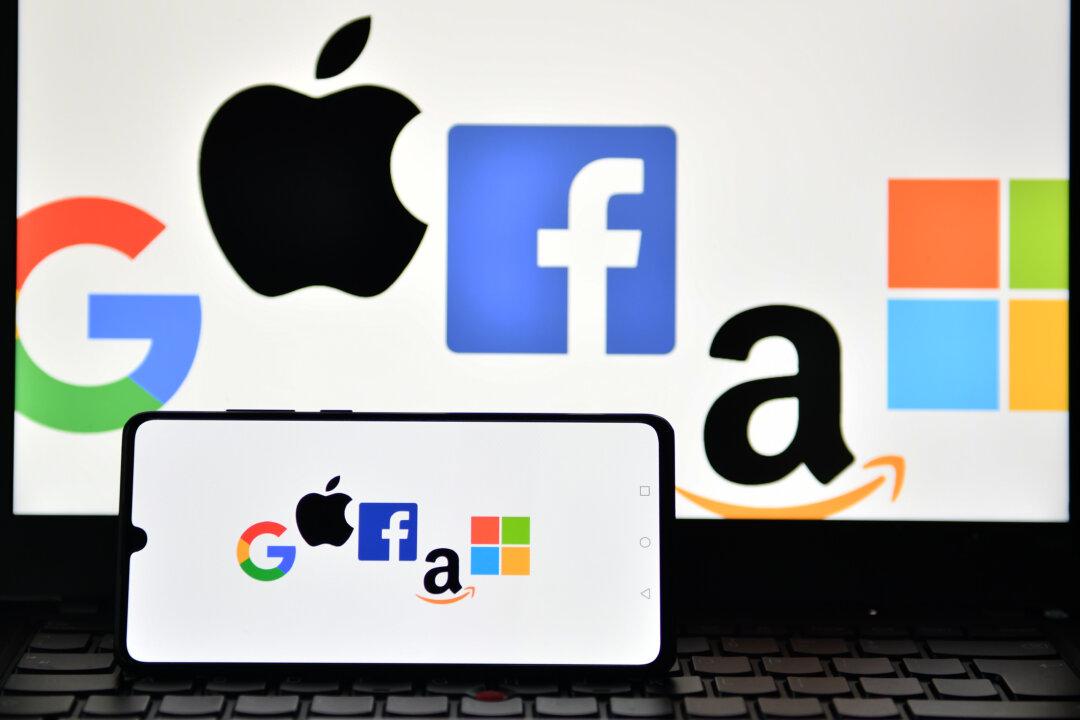Big Tech companies have been accused of meddling in the 2020 election, and their employees have obtained influential roles within the Biden-Harris organization, which critics say could signal a return to the friendly stance held by the Obama administration toward Silicon Valley.
At issue is how these companies used their funding or engaged in censorship ahead of the election. A report from The Amistad Project of the Thomas More Society alleges that $500 million from Facebook founder Mark Zuckerberg was given to election officials and used to violate election laws. The money was allegedly used to improperly influence the election in favor of Biden, with the bulk of the funds going to a progressive nonprofit.





